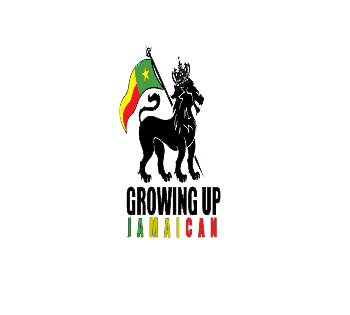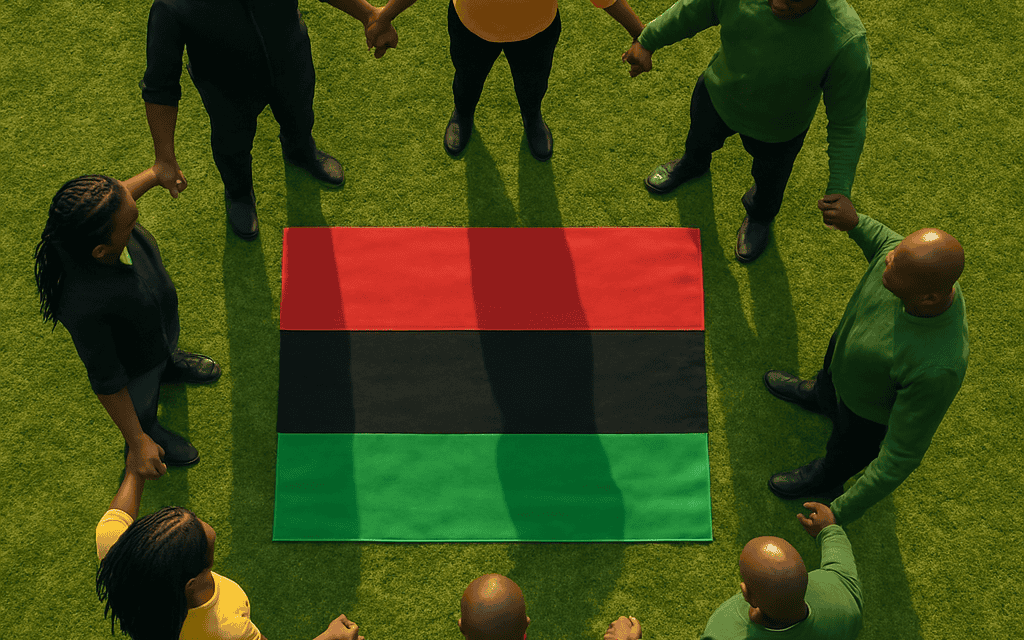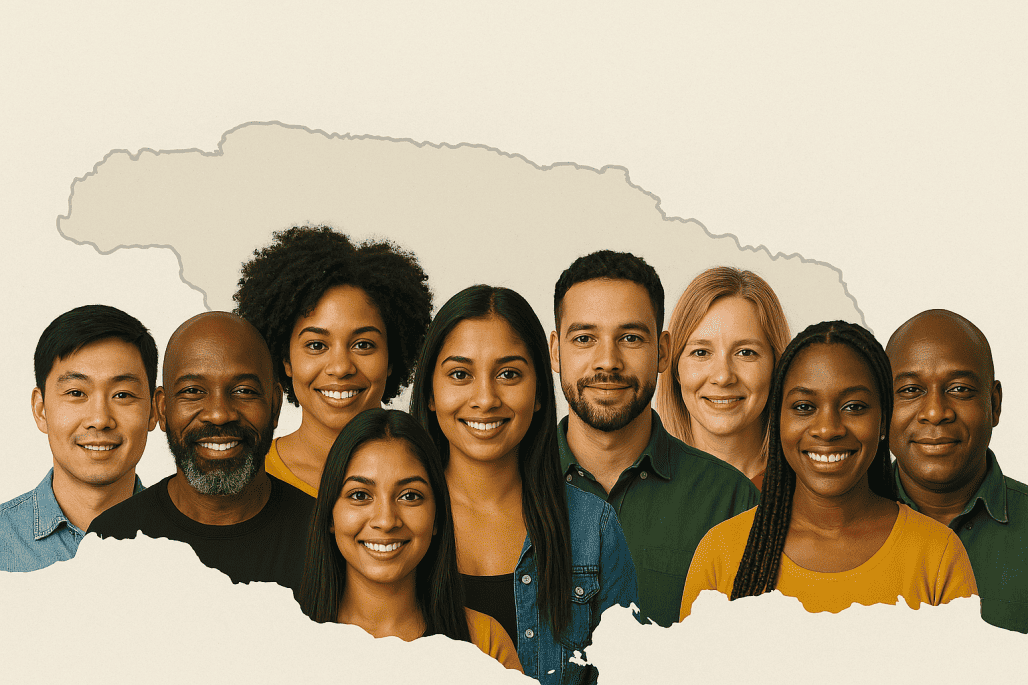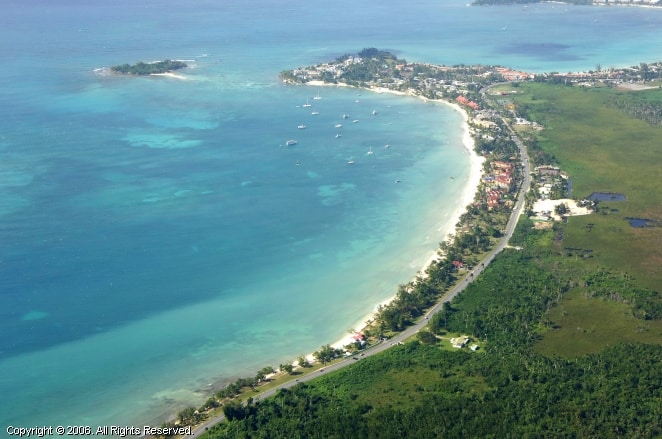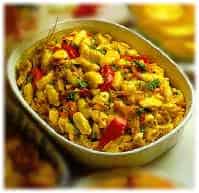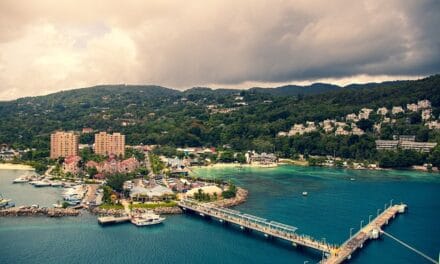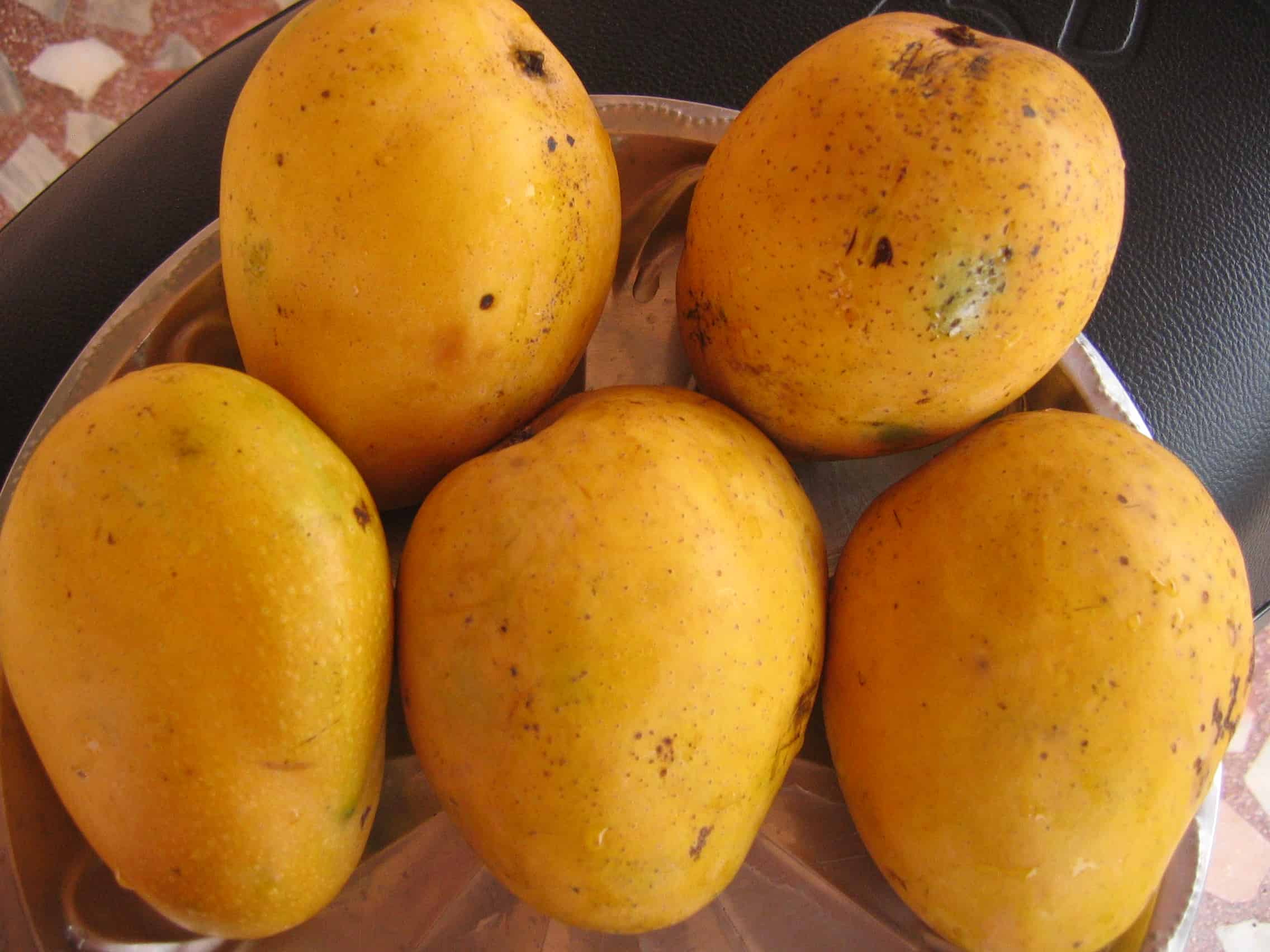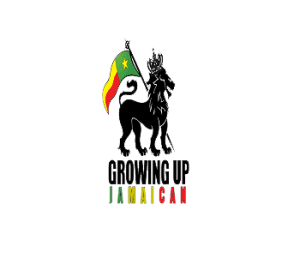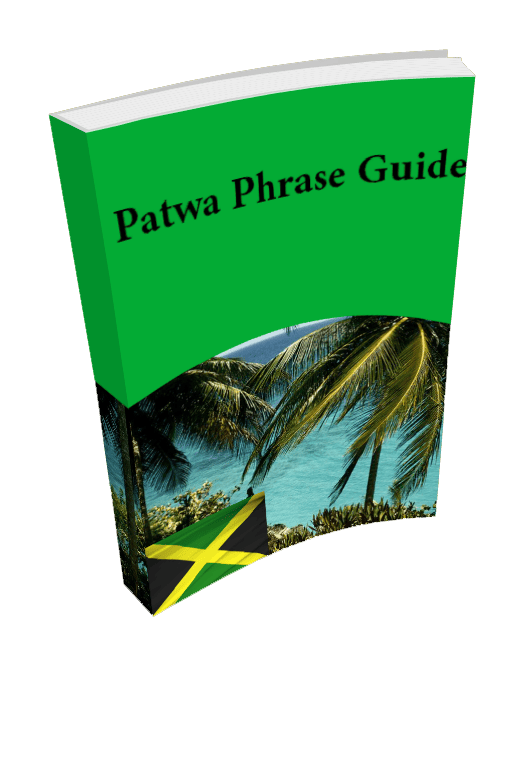Are Jamaicans Black? Something We Must Clear Up
One question Jamaican people get a lot is about the ethnic makeup of our island. They usually ask “Are Jamaicans Black?” It’s such a strange question because race isn’t something Jamaican people think about a lot in daily life. Race is also quite different than in America or Europe, so let’s get into this question and how Jamaicans see things. Are Jamaicans black? Let’s learn more.
If you’re not from the Island, it can be confusing. So let’s sit down and talk it through. I want you to understand how Jamaicans see things and how it might differ from your intuition. So, let’s get started.
Are Jamaicans Black? The Quick Answer: Yes… But Also No
If you’re looking for a short answer, here it is: Most Jamaicans are Black. That’s just the statistical reality. Most Jamaicans are descendants of African slaves.
But also—not every single Jamaican is Black. Jamaica is like a big melting pot. There are all kinds of cultures that go into making Jamaica… Jamaica. Different colors, different flavors. And that’s what makes our island special.
So while most Jamaicans you see in the media—like Usain Bolt, Bob Marley, Shelly-Ann Fraser-Pryce, or Shaggy—are Black, there’s more to the story.
So Why Are Most Jamaicans Black?
Let’s take it back in time for a second.
Before Europeans came here, the island was home to the Arawaks, the first people who lived in Jamaica. Then Columbus arrived in 1494 and everything changed. Soon after, the Spanish and later the British took over the island. The slave trade brought people to work on sugar cane plantations. After the end of slavery, they brought over indentured servants from multiple places.
These former slaves are the ancestors of most Jamaicans today. That’s why most Jamaican people have similar features to Africans—dark skin, curly hair, broad noses, and full lips.
So yeah, a lot of Jamaicans are Black because of that history. And we’re proud of our African roots. It’s in our music, our food, our way of life.
But Jamaica Isn’t Only Black
Here’s where things get interesting. Jamaica has a mix of people, and not everyone is Black.
We’ve got:
- Chinese Jamaicans – Their families came in the 1800s and many run shops, supermarkets, or restaurants.
- Indian Jamaicans – Also came in the 1800s, and many of them brought over their food, traditions, and culture.
- White Jamaicans – Some have been here for generations since the days of colonial rule.
- Syrian and Lebanese Jamaicans – Yup, they’re here too!
- And of course, mixed-race Jamaicans, which is very common here.
So yeah, while most of the population is Black, we are a very multiracial country.
So Who Counts as Jamaican, Then?
Here’s the thing about being Jamaican: it’s not just about skin color.
If you were born here, grew up here, or even if you moved here and truly lived the culture—you’re considered a Jamaican.
Some Jamaicans might have lighter skin, straight hair, or different features, but if they talk like us, eat the food, love the music, and live the lifestyle, they’re just as Jamaican as anybody else.
It’s not about what you look like—it’s about how you live and love the culture.
But Don’t Jamaicans Mostly Look Black?
Yeah, that’s true. If you walk around Kingston or Mobay, you’ll mostly see Black people. In school, at work, at the market, at church—it’s mostly Black folks.
And that’s why people from other countries often think all Jamaicans are Black. When they think of Jamaica, they picture reggae music, dreadlocks, dancehall parties, or Olympic sprinters. All those things mostly come from the Black Jamaican experience.
Also, a lot of Jamaicans who move overseas (like New York, Toronto, or London) are Black. So for many people, their idea of what “Jamaican” looks like is based on that.
It’s not wrong—but it’s only part of the story.
Can a White or Asian Person Be Jamaican?
Yes, they can. And we have many who are.
There are white Jamaicans who speak fluent English and even a little Jamaican patois, love Bob Marley, and can cook a mean curry chicken. There are Chinese Jamaicans who play dominoes on the weekend and can dance better than me at a street party. They were born here, raised here, and love the island just like everyone else.
Being Jamaican isn’t about fitting a look—it’s about the culture, the pride, the connection to this land.
What Does “Black” Mean in Jamaica Anyway?
In some countries like the U.S., race is talked about all the time. People are put into clear boxes—Black, White, Asian, Latino, and so on. But in Jamaica, we don’t live like that.
Of course, we notice skin color. And yes, colorism exists here too (where lighter-skinned people sometimes get treated differently, which isn’t fair). But overall, we’re less focused on race and more focused on other things, like money and class.
In Jamaica, people don’t usually ask, “Are you Black?” They ask, “Where are you from?” or “Which school you went to?” or “Who are your people?”
Race is part of the picture, but it doesn’t define who you are here the way it might in other places.
Why Do People Get Confused About This?
Honestly? It’s because the most famous parts of Jamaican culture are Black culture.
Think about it: reggae music, Rastafarian beliefs, jerk chicken, dancehall, patois, dreadlocks—all of that came from Black Jamaicans. That’s what people around the world see, hear, and love.
So it makes sense that when people think of Jamaicans, they imagine Black faces. But the truth is, Jamaica is more diverse than that.
So… Are Jamaicans Black?
Here’s your answer:
Yes, most Jamaicans are Black. That’s our history, our heritage, and our pride.
But no, not every Jamaican is Black. We have people from all kinds of backgrounds—Indian, Chinese, White, Middle Eastern, and mixed. All of them are just as Jamaican as anyone else.
Jamaica is a small island, but we’re full of big culture, big voices, and big love. And that love doesn’t come in just one skin tone.
Jamaicans: Likkle but We Tallawah
At the end of the day, being Jamaican isn’t about your skin. It’s about how you live, how you speak, how you treat people, and how much you love this island.
If you laugh loud, move to the rhythm, love spicy food, stand up for what’s right, and never give up when things get tough—that’s Jamaican.
So next time someone says they’re Jamaican, don’t question it based on how they look. Ask them about their favorite dancehall artist or how they eat their patty. That’ll tell you more than their skin ever could.
Peace and blessings. One love, always.
